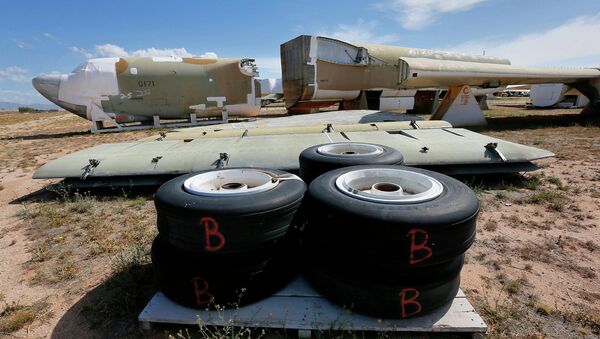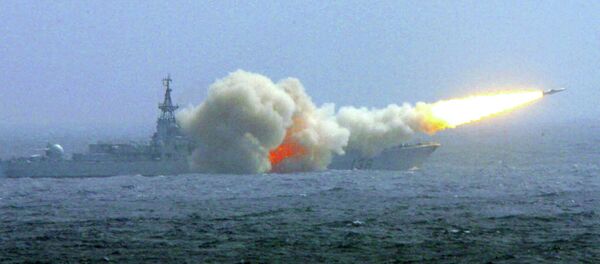"With respect to the INF Treaty situation, the future of another important agreement also becomes questionable – the New START, which expires in 2021," Antonov said. "On many occasions we voiced our readiness to extend the Treaty for another five years. However, the US administration keeps saying that the issue is still under consideration."
Antonov noted that an extension of the New START would not be a simple procedure, because the United States and Russia must first settle some outstanding issues.
"The extension of the New START is not a simple technicality that could be resolved in a couple of weeks. Serious issues must first be settled," the envoy stressed.
"Should the treaties be preserved, it would be proof that Russia and the US adhere to their nuclear disarmament obligations under the NPT provisions," he said.
Moscow and Washington still have two years to decide whether to extend the treaty. Last month, Under Secretary of State Andrea Thompson dismissed the notion that the Trump administration is not interested in extending the treaty, saying talks on the matter were ongoing.
The New START agreement between went into force in 2011 and covers a 10-year period with the possibility of a five-year extension. It is based on several previous joint non-proliferation arrangements and limits the number of deployed intercontinental ballistic missiles, submarine-launched ballistic missiles, nuclear armed bombers, and nuclear warheads.
"There are plenty of problems with strengthening arms control regime, non-proliferation and disarmament… The Russian side stands ready for serious substantial negotiations on all amassed issues. But the conversation has to be frank, respectful, transparent and professional, with no ‘megaphone diplomacy,’" Antonov said.
The ambassador said US and Russian relations cannot stay on the decline forever.
"The world needs strengthening of strategic stability, which, for its part, depends on the quality of dialogue between Moscow and Washington. We need to step back from confrontation, look for compromises and ways to reconcile. The goal is to develop equal, mutually beneficial relations that would meet the interests of both Russians and Americans. We are ready for such work," he said.
Antonov added that Russia has not yet taken any steps to pull out of the Intermediate-Range Nuclear Forces (INF) Treaty despite the United States' decision to abandon the accord.
"We did not start the process of withdrawing from the INF, the United States has made the decision to withdraw from this treaty — it was not initiated by the Russian Federation," he said.
At this stage, Russia has only frozen the implementation of certain provisions of the INF treaty, he explained.
The Russian ambassador also said, "If there is a wish or will to keep INF alive, we need to sit together, we can consider all problems and I’m sure that we can find an answer."
Antonov stressed that Russia would not deploy missiles prohibited by the INF treaty until Moscow sees such missile deployment.
The Russian diplomat emphasized that the treaty has been a key component of European security.
READ MORE: Moscow: INF Collapse Casts Shadow Over New START Treaty Extension
Currently, the Russia-US strategic dialogue has been in decay since US President Donald Trump in February decided to withdraw from the Intermediate-Range Nuclear Forces Treaty that was signed by Gorbachev and then US President Ronald Reagan in 1987. Following Trump's announcement, Russia also suspended its obligations under the INF Treaty.



